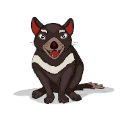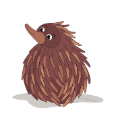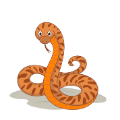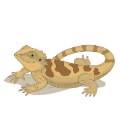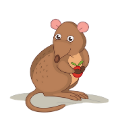Freedom from pain, injury or disease
All birds must receive immediate veterinary attention when they are sick or injured. In most cases, unnecessary pain, injury and disease can be prevented through good husbandry, regular visits to a veterinarian and addressing any issues the veterinarian raises.
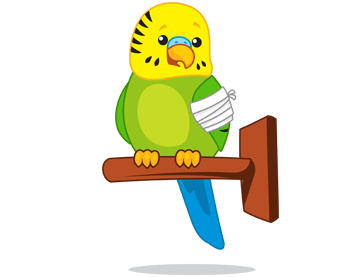
Did you know that there is a special law protecting animals?
This law is called the Animal Welfare Act. The Animal Welfare Act says that animals in your care must be provided with an environment and care that meets their five welfare needs. These welfare needs are five important conditions that need to be met for animals to be healthy and happy. These five welfare needs are called the Five Freedoms.
One of these Freedoms is: Freedom from Pain, Injury or Disease. In this section, you will learn about this freedom and how you can make sure your birds have the right care, husbandry and medical care to be free from pain, injury or disease.





















